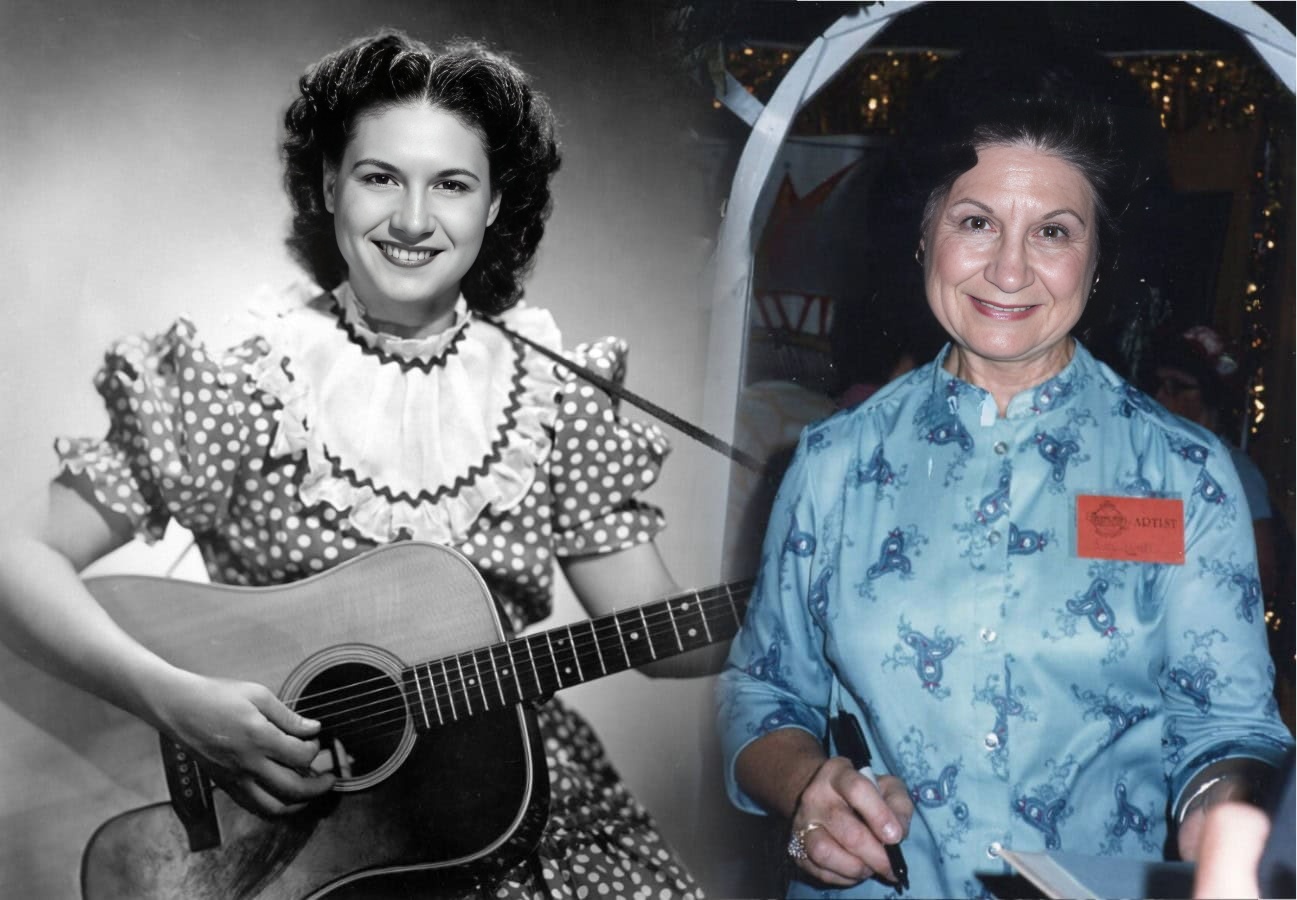
In the landscape of 1950s country music, dominated by male voices and perspectives, Kitty Wells emerged as a trailblazing figure with her groundbreaking hit, “It Wasn’t God Who Made Honky Tonk Angels.” Released in 1952, the song became an instant sensation, catapulting Wells to national fame and solidifying her legacy as the “Queen of Country Music.” Born Ellen Muriel Deason, Kitty Wells began her musical journey in the 1930s, performing with her husband, Johnny Wright, and his sister as the “Johnny & Jack & Kitty” trio. However, it was her solo career that truly resonated with audiences, earning her numerous awards and accolades, including a Grammy Lifetime Achievement Award and induction into the Country Music Hall of Fame.
“It Wasn’t God Who Made Honky Tonk Angels” challenged the prevailing narrative that blamed women for the allure and pitfalls of honky-tonk life. Penned by J.D. Miller as an answer to Hank Thompson’s “The Wild Side of Life,” Wells’ song offered a female perspective, arguing that it was unfaithful men who drove women to seek solace and companionship in honky-tonks. The lyrics, delivered with Wells’ signature heartfelt vocals, resonated deeply with women who felt unfairly blamed for broken relationships and societal double standards.
The song’s impact was immediate and profound. While some radio stations initially banned the record for its controversial themes, the public embraced it wholeheartedly. “It Wasn’t God Who Made Honky Tonk Angels” climbed the charts, becoming the first song by a female artist to reach number one on the Billboard country charts, a groundbreaking achievement that paved the way for future generations of female country singers. The overwhelming positive response from female listeners solidified Wells’ position as a voice for the voiceless and cemented her status as a pioneer in country music.